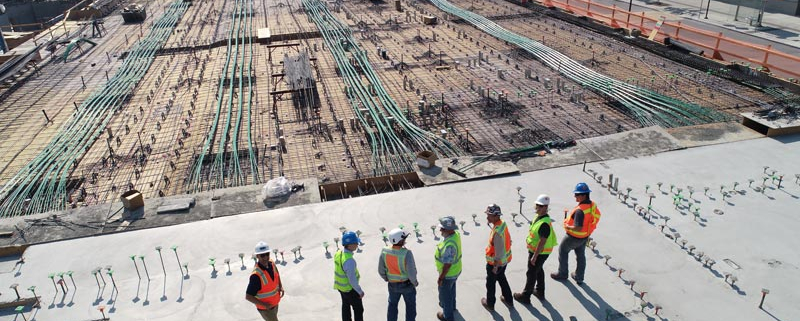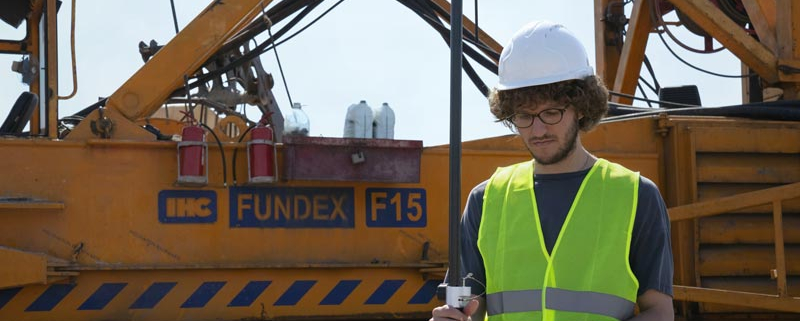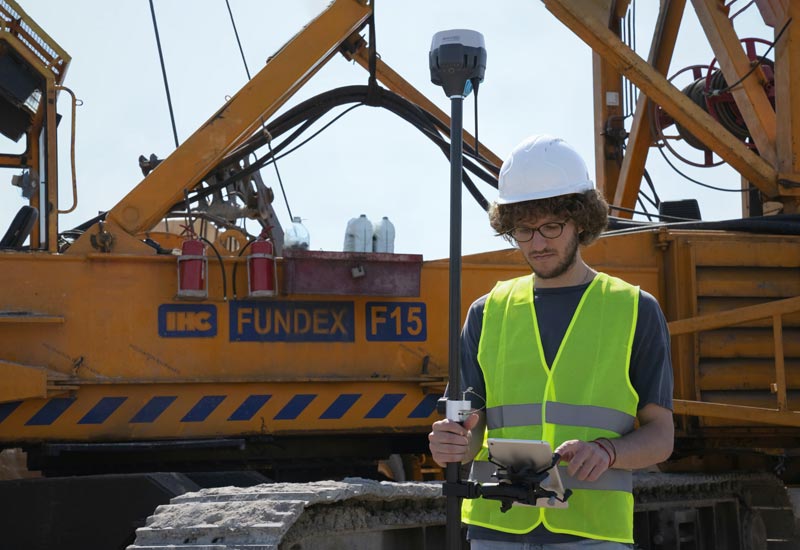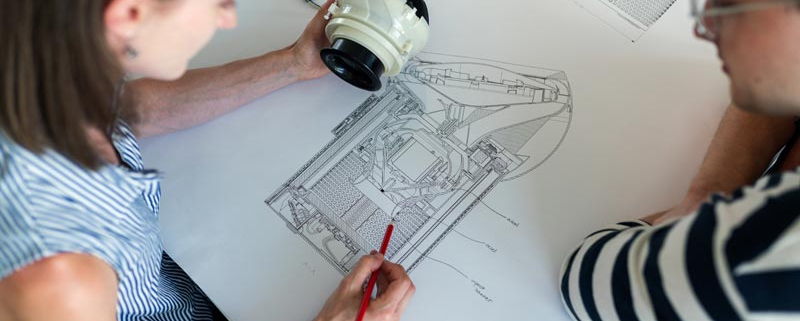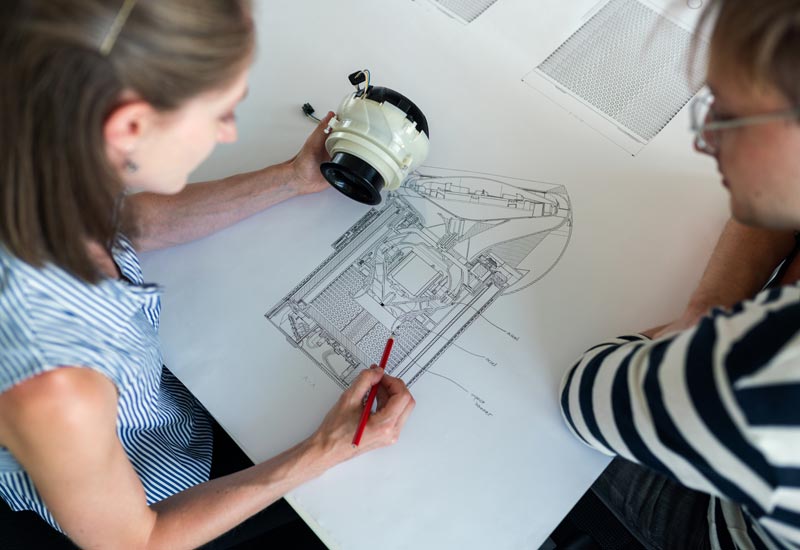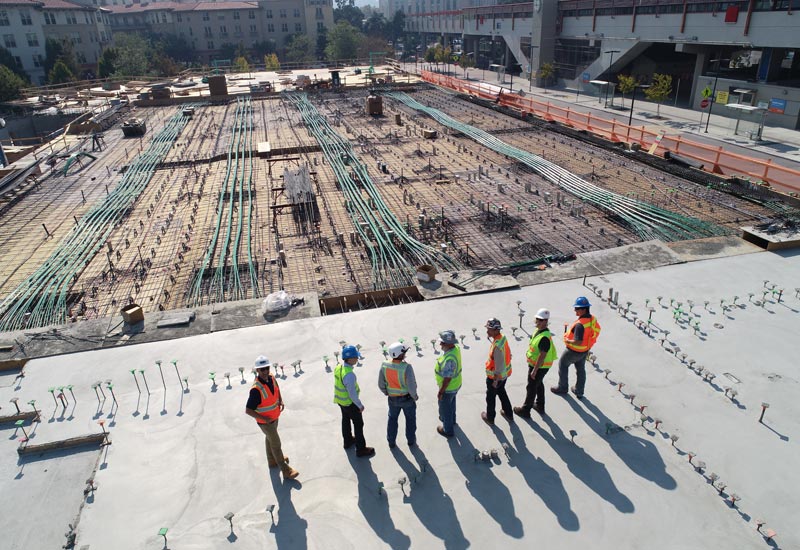
Every job has pros and cons, it’s the natural balance of life. We aren’t one to sugar coat something. It is important for all candidates to understand the roles they will be getting into. Whether that is understanding the salary and industry insights or knowing what a typical day in the job looks like.
Knowing what to expect within a role enables you as a candidate to make the right decision. As well as us in recruitment placing the right candidates.
Construction can be a complex and fast paced industry, so there are bound to be both pros and cons of working in construction. Let’s look at some of the benefits and not so fun parts of construction.
What are the cons of working in construction?
In order to not end this blog on a downer, let’s first look at the cons of working in construction. Because, let’s be honest, no job is perfect all the time.
1: Hours
The hours can be seen as a benefit for some, but typically the days in construction start early. Again, this all depends on the role you are in but if you are one of the construction crew you will most likely start your work as soon as possible. For some, the early day is great but for those who enjoy a later start to the morning it isn’t too fun.
2: Hard labour
Not to say that no one else works hard, but there it takes a different type of person to do manual labour associated with many construction roles. The implementation of machinery and such is making many roles easier to manage; many construction roles require physical labour. Be prepared.
3: Location
Some projects may require you to travel. This can be anywhere from an hour’s drive or maybe they will require overnight stays. Depending on how the construction company works, you may be asked to travel further distances than anticipated. This for some can be difficult to manage. So it is important to be honest with the employer or recruiter and find out how much travelling you may need to do.
What are the pros of working in construction?
So now we’ve looked at some of the not so good things about construction, and even then some may not see those as issues. Let’s look at some of the pros of working in construction.
1: Variety
One of the benefits of construction is that no two projects are alike. Each project will have different problems to solve, different working conditions, and the client is different too. This makes it extremely engaging for many people.
2: Opportunity
Working in construction provides many opportunities for advancing your career. There are so many different roles within the construction industry that you can continue to grow and advance in any area you set your mind to. The wealth of opportunities available means that there is something for everyone.
3: Not tied to a desk
Being in construction means that you are out and about and active. This means that you are always moving and doing something, for those who can’t stand sitting at a desk for hours; a job in construction is perfect for you.
What is the best role in construction?
In our opinion, there is no best role in construction. What makes a role the best, is one that fits you and what you need from a job. Making sure that you are working in an industry that you enjoy, with the people that you get along with is what will take a job, to the best job.
Knowing what to expect from any role is important. If you are looking for a job in construction and have questions about the industry, speak to our expert recruitment agents. Our team at FBR is here to help you find the right role for you.

